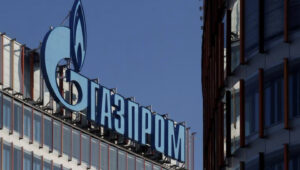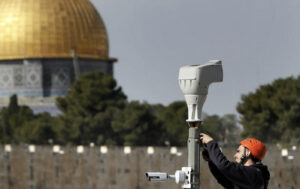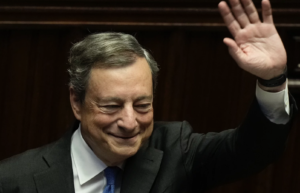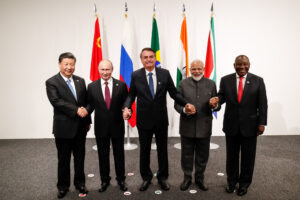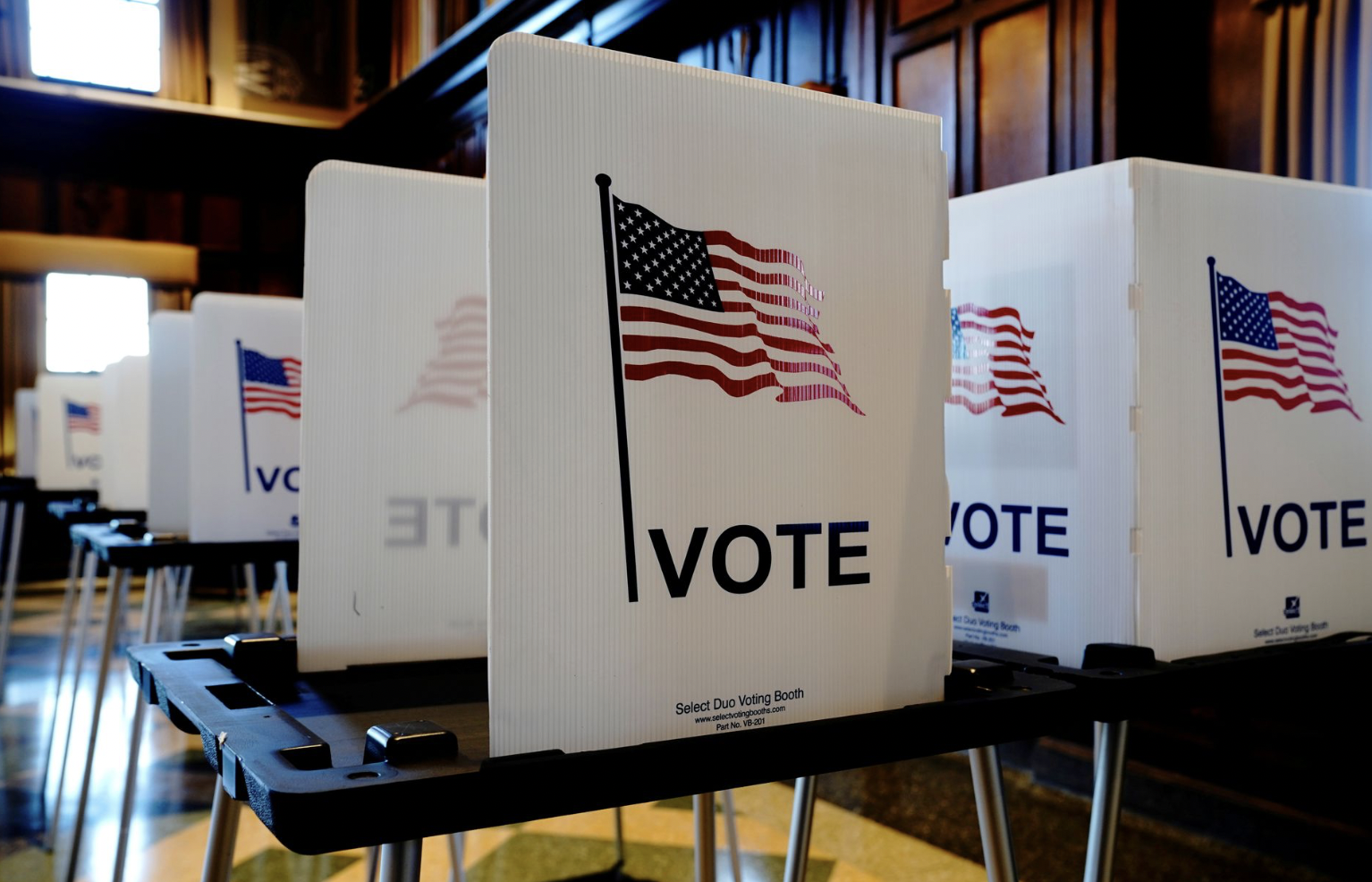|
Getting your Trinity Audio player ready...
|
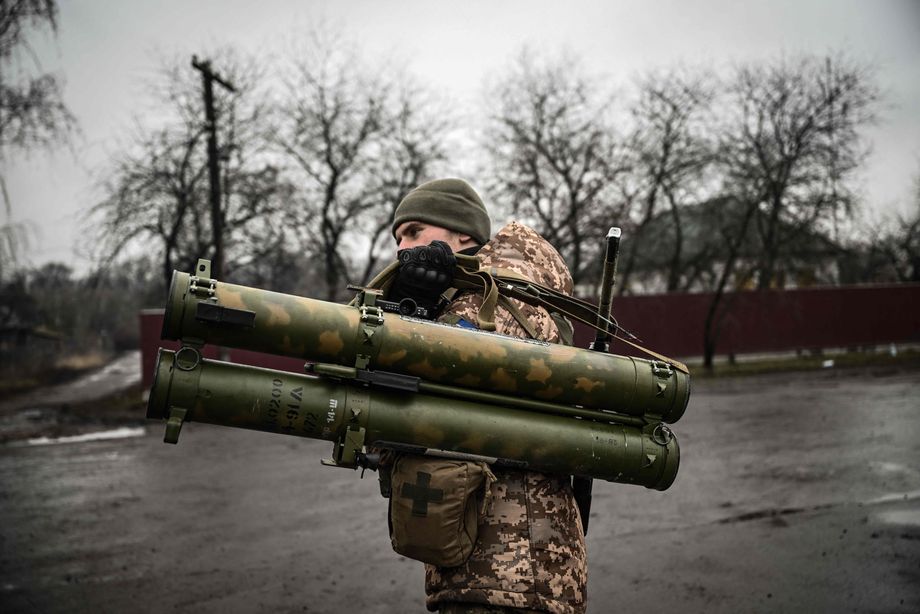
It looks like global intelligence was right: Russia was not pulling out of locations like Kyiv to go home for Easter. They were just regrouping in the Donbas region. President Putin said Tuesday that he will push this bloody war until Russia meets all of its goals.
The calls for Putin to be tried for war crimes are heating up, with President Biden telling reporters Monday, “You saw what happened in Bucha. We have to gather the information … and we have to get all the detail so this can be an actual, have a war crimes trial.” That is a verbatim quote.
Russia says they want a fully transparent investigation of what happened in Bucha because they maintain those bodies in the street were placed there after they pulled out of the town. But U.K. Prime Minister Boris Johnson along with Ukrainian officials have said “there’s no need for an investigation.”
A war crimes trial would most likely take place at the International Criminal Court (ICC). The court was established after 60 countries ratified the Rome Statute, a product of the UN’s Rome conference in 1998. But the ICC has several obstacles that make the prospects of an actual trial—especially while Putin is still in power—fairly low.
Those obstacles include:
- The ICC only tries individuals, not nation-states.
- The court has no enforcement mechanism. It can issue a warrant but it relies on others to execute it.
- It does not try people in absentia. They must be present to win.
- It has never tried a sitting head of state.
- U.S. hypocrisy.
On that last one, the U.S. has been one of the loudest voices calling for a war crimes trial (see above). However, the U.S. is not a signatory to the Rome Statute, mainly because they don’t want to be tried for war crimes they’ve committed in the past. They’ve even passed legislation banning ICC funding. If the U.S. really wants a Putin war crimes trial to happen, it will have to make some changes.
And even then, those other obstacles seem pretty big.
